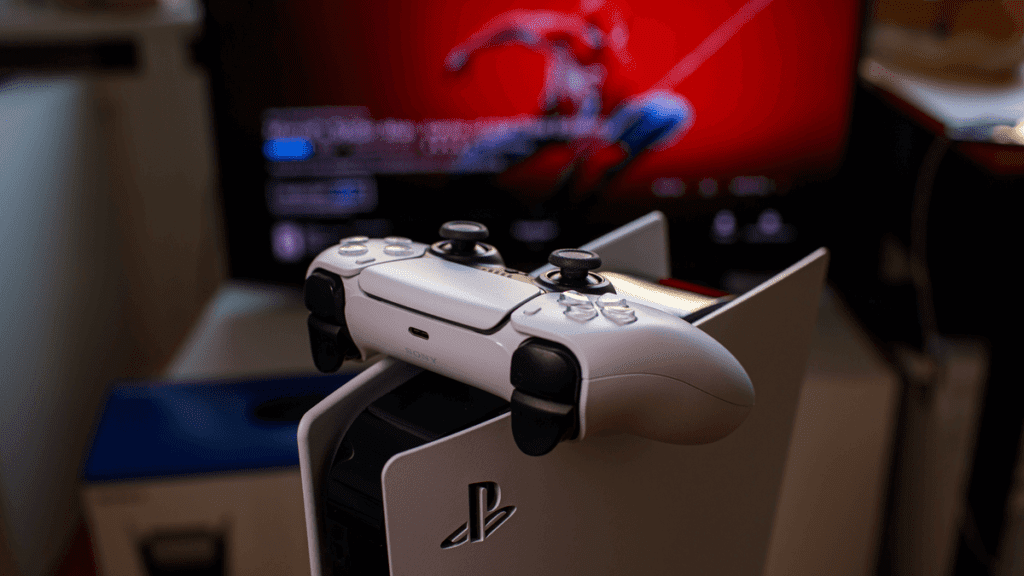A month before Christmas… The global chip shortage is witnessing a fall

The global chip shortage had a spectacular effect on the tech industry for over a year, with many telecom and tech companies delaying the launch of their products due to material shortages or to the effects of the global semiconductor shortage or other factors.
As such, a series of news regarding the gaming hardware over the past week has shown that things aren’t going to get better anytime soon. Big and small game companies are going to feel effect of the harm over the next year or so.
Many examples about recent shifts can be given, such as Valve’s Steam Deck Handheld Gaming PC, which was delayed two months from a December launch to February on November 11.
Elaborating on that, Valve said in a blog post, “We have done our best to get around global supply chain issues, but due to material shortages, components are not reaching our manufacturing facilities on time so that we can meet our original launch dates.”
Even before the delay, the company estimated that Steam Deck supply was going to be tight. ” As estimated, order availability slipped to early 2022 very shortly after initial reservations went live. But now even people who got an order date in December 2021 are going to have to wait a little longer,” it noted.
In addition, the Japanese multinational consumer electronics and video game company, Nintendo, was supposed to be the first to kick off a range of news, reviewing its Nintendo Switch sales forecast for the fiscal year down by 1.5 million on November 4th “due to the effects of the global semiconductor shortage,” according to the company.
While Nintendo president Shuntaro Furukawa explained by saying that “there has not been a major improvement in the situation since the beginning of the fiscal year (which starts in April),” Ko Shiota, GM of Nintendo’s Technology Development Division, said: “The company is “evaluating alternative components and reviewing our designs.”
Another example is Sony reportedly anticipating making fewer PlayStation 5 (PS5s), according to Bloomberg. The company originally forecasted it could assemble 16 million consoles in the current fiscal year (ending in March), but now, it plans to make 15 million, the report said.
The PS5 has been hard to find since it was launched in November 2020, and this situation is not going to get better soon: Sony’s manufacturing partners told Bloomberg that meeting Sony’s goal of 22.6 million PS5 sales in the next fiscal year will be difficult.
On the bright side, the Analogue Pocket retro handheld, which has already been delayed a few times because of supply chain challenges, is “still on track” for a December launch, Analogue founder and CEO Christopher Taber said in a statement.
